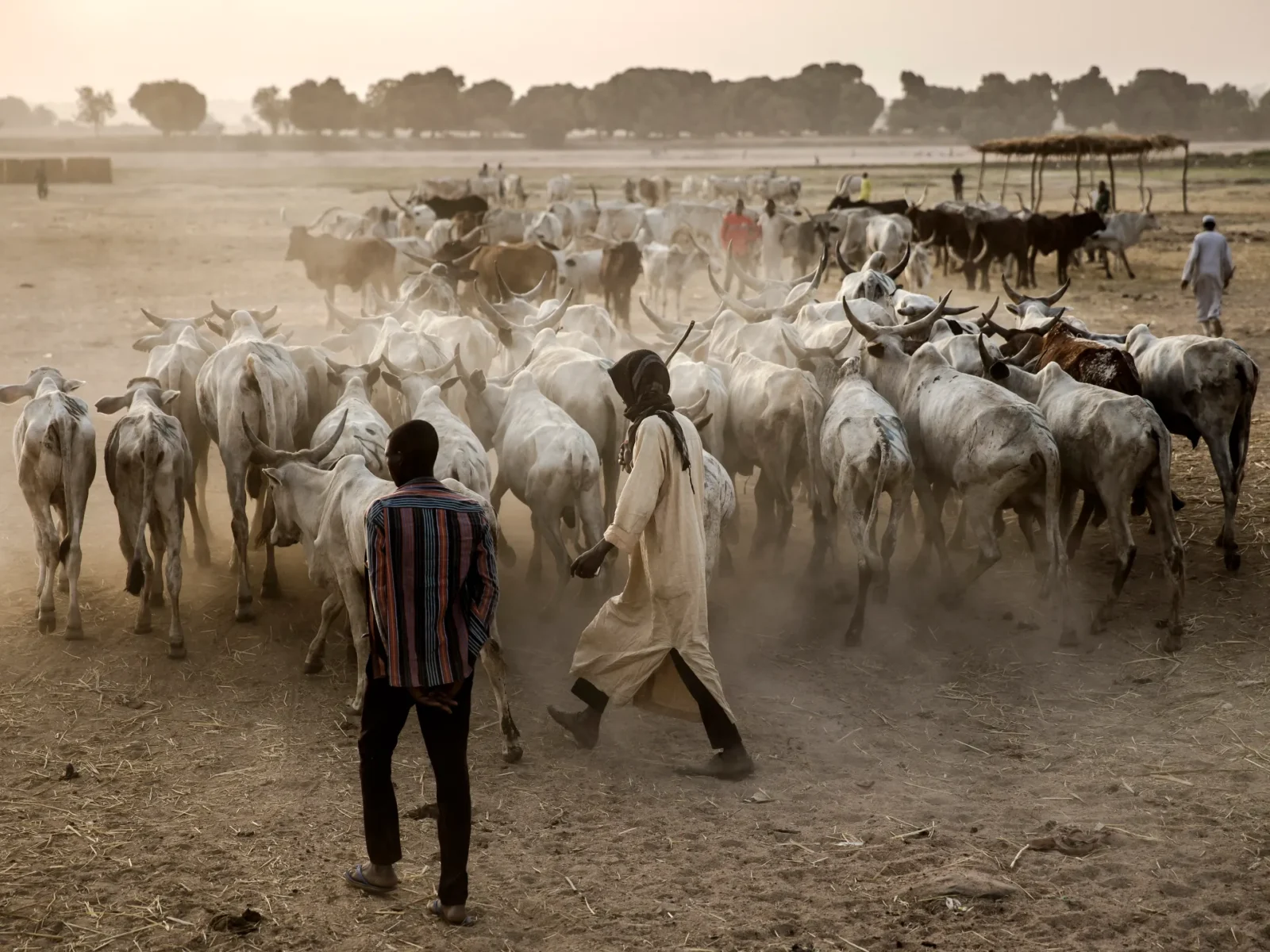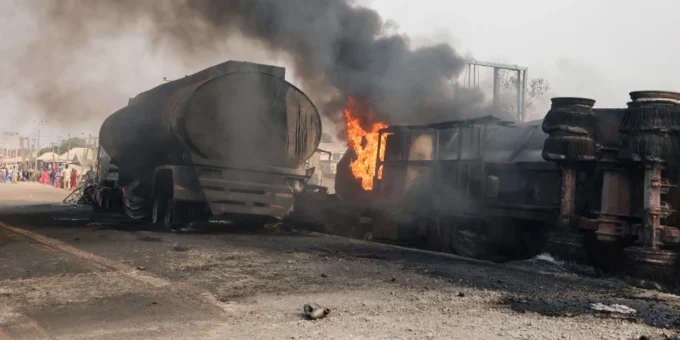At least 45 people have been killed in a brutal overnight raid in Yelewata, a town in Benue State, central Nigeria. According to local officials and eyewitnesses, the assailants were suspected armed cattle herders who launched the attack under the cover of darkness, setting homes ablaze and causing widespread panic among residents.
The Nigerian police confirmed that a gun battle ensued between security forces and the attackers, though many of the perpetrators reportedly managed to escape. The attack marks one of the deadliest in a string of recent violent incidents in the region.
Just two days prior, 25 people were killed in a separate gunmen attack in Makurdi, the state capital. Earlier this month, another 25 people lost their lives in two separate assaults, also in Benue, underscoring a disturbing surge in violence in the state.
Benue State, often referred to as Nigeria’s “food basket” due to its agricultural productivity, has become a frequent flashpoint for violent clashes between nomadic Fulani herdsmen and local farming communities. These tensions are driven by competition over fertile land and water resources, made worse by rapid population growth, climate change, and weak enforcement of land use laws.
The longstanding conflict between herders and farmers in Nigeria’s Middle Belt has intensified in recent years, contributing to the country’s broader security challenges that include insurgency in the northeast, separatist agitations in the southeast, and rampant banditry in the northwest.
Governor Hyacinth Alia of Benue has repeatedly called on the federal government to deploy more security forces to rural areas, where communities remain vulnerable to attacks. Human rights groups and local civil society organizations have also urged authorities to act swiftly, warning that continued inaction could escalate the conflict into a full-scale humanitarian crisis.
The Nigerian government has launched several initiatives aimed at resolving the herder-farmer conflict, including promoting ranching and dialogue programs. However, the effectiveness of these measures has been limited due to lack of funding, political will, and distrust between communities.
As families in Yelewata begin to bury their dead and assess the damage, the latest massacre adds to the growing death toll in a region already weary from years of violence. The urgent need for lasting solutions to the herder-farmer crisis is now more critical than ever.














Leave a comment